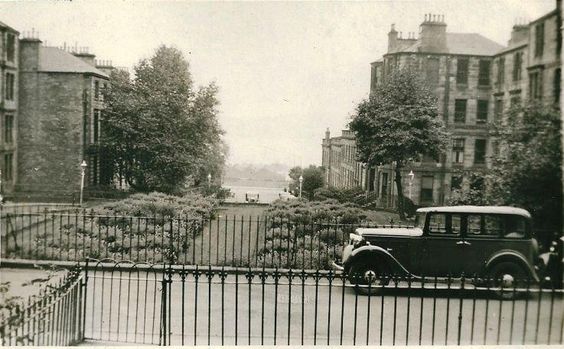Добър вечер (good evening)!
For my good friend Donald: that means good evening.
Mister President of the Republic,
Prime Minister,
Presidents from here and there,
Ladies and Gentlemen,
Excellencies, that is for all of you,
It is indeed a great pleasure to be here in this splendid national theatre for the launch of the first ever Bulgarian Presidency. We have all been waiting for it: I am sure all Bulgarians here remember the clocks hanging all over Sofia and counting down the days to the country’s EU accession.
Eleven years ago – in 2007 – Bulgaria joined the European family. But the process, of course, began well before that date. And personally, I feel to be a small part of Bulgaria’s remarkable EU journey ever since the day I signed the Accession Treaty in April 2005 – when I was Prime Minister of Luxembourg and holding the Presidency of the European Union.
You have to know, had I refused to sign, you would not be a member – so be grateful – I was in a good mood, in an optimistic mood, in a future-oriented mood, because for years as a Prime Minister and as a Finance Minister of Luxembourg I did admire the performances of the Bulgarian society, mainly of the modest part of the Bulgarian society. How many efforts, how many sacrifices have been delivered by all those who strongly believed in the European future of Bulgaria? So it is for us and to us to say thank you to Bulgaria.
I remember another moment from that day: it was in a Luxembourgish abbey when I heard for the first time the cosmic “Mystery of Bulgarian voices”. These voices have literally travelled to space when a recording of these unique voices was placed on the US voyager in 1977. This is quite an achievement already. However, we do not actually know if there was someone in space to listen to them! The Bulgarians were absent from space. But now, tonight, there is a potential audience of 500 million people. In that sense: the Bulgarian voice will be heard loudly and prominently in Europe – tonight and in the next six months and beyond that.
Bulgaria is a country I have a special affection for: for its people, for its culture, for the шопска (shopska salad) and the луканка (lukanka, Bulgarian salami) – mainly for those.
Your Presidency is taking place at a crucial moment when the European Union must deliver on a number of initiatives for our citizens and shape our Union’s future.
I can think of nobody better than my friend Boyko to carry Europe forward and act as a bridge builder in our Union and beyond. I know he will do this with force; he is doing everything with force – сила – because he is a strong and committed European.
You can count on us – on Donald, on the Parliament, on the Commission. Because your place is in Europe. And your place is in Schengen. And your place is in the euro. We will work for that. The Commission will be by Bulgaria’s side: united we stand strong and united we will stand.
Good luck; best wishes.
Благодаря! For Donald: that means ”thank you”.
